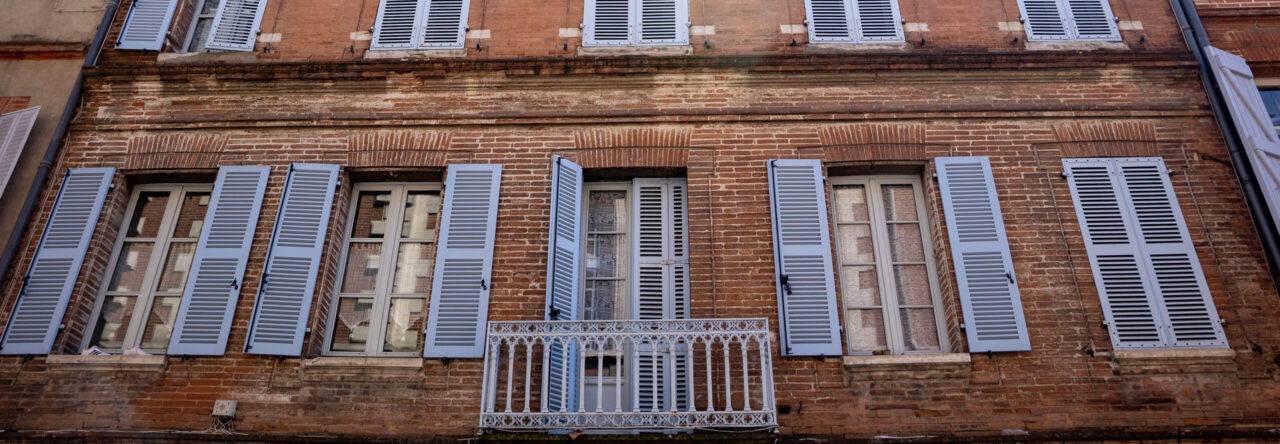I noticed that the most common misunderstandings are everyday phrases. I find that everyday expressions are more affirmative in English. French is a language of negation. I don’t usually say sentences that are grammatically constructed like that. When I talk with my hosts, I find most of my answers are affirmative, therefore I give the perception that I am optimistic. It shocks me because my friends tell me I’m a little pessimistic. When I ask my hosts their opinions, they reply with a negative term like “It’s not bad.” My hosts seem surprised when I answer positively. I feel that the negative expressions are more honest than the positively structured expressions like “It’s good.” It’s an American characteristic to be more polite than necessary, so I think the reason why I prefer to answer questions in that manner reflect my desire to be reassuring. I think this mentality reflects the fear of being rude. I think that Americans cannot handle criticism, so a phrase like “That’s not bad” evokes a feeling of inadequacy. This fear is an integral quality of the American psyche that affects the interactions between French and American people. For French people, this typically American characteristic evokes a kind of false attitude. The French speak more frankly than Americans and because of this cultural difference, there are misunderstandings between the two cultures. I find that it affects first impressions the most because we are more concerned with how others look at us while that is not a priority for French people.
-Samantha Mendoza-Ferguson
